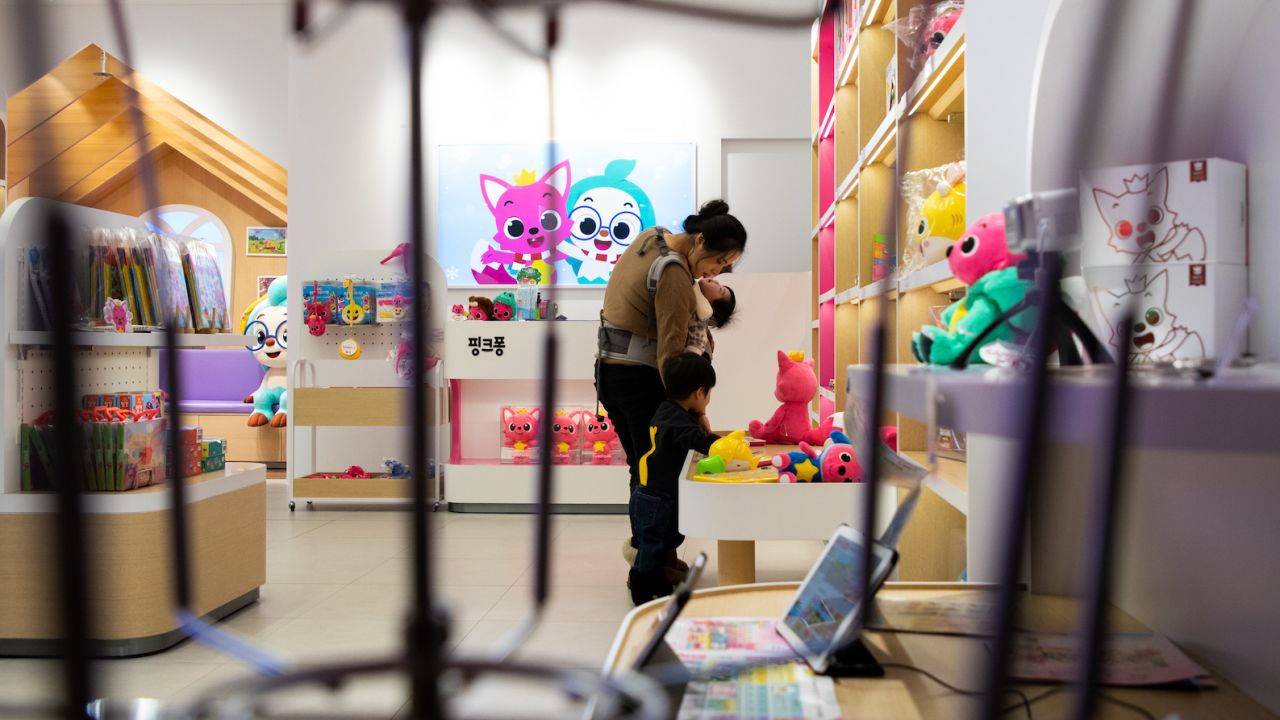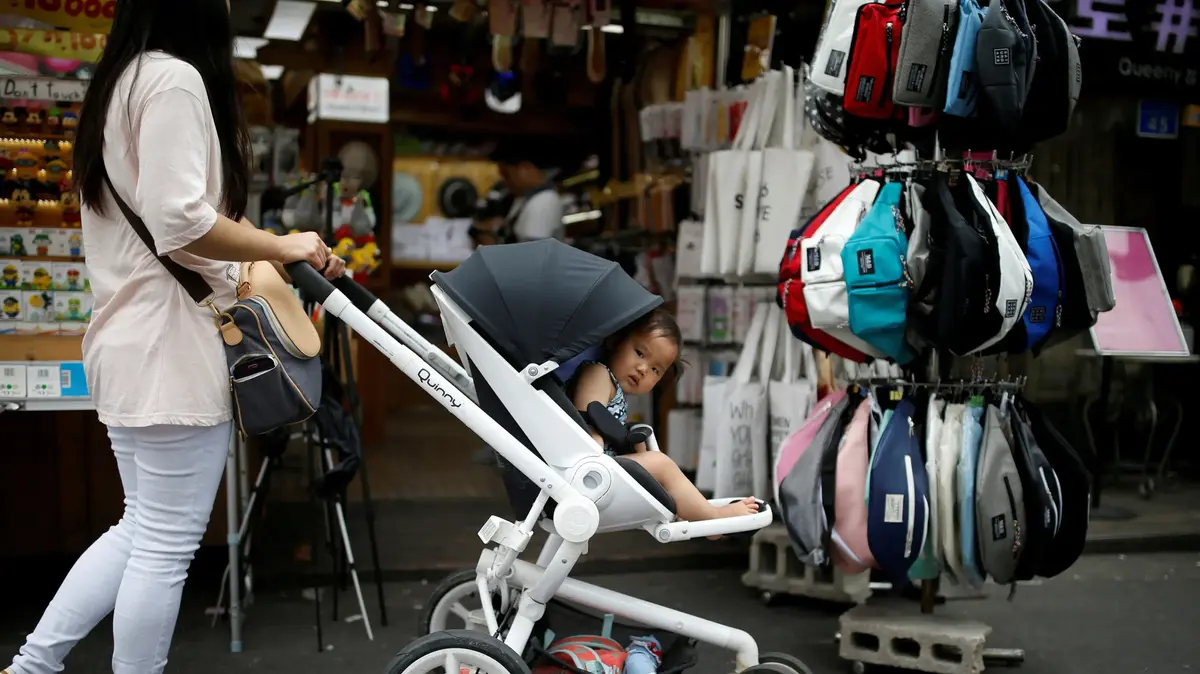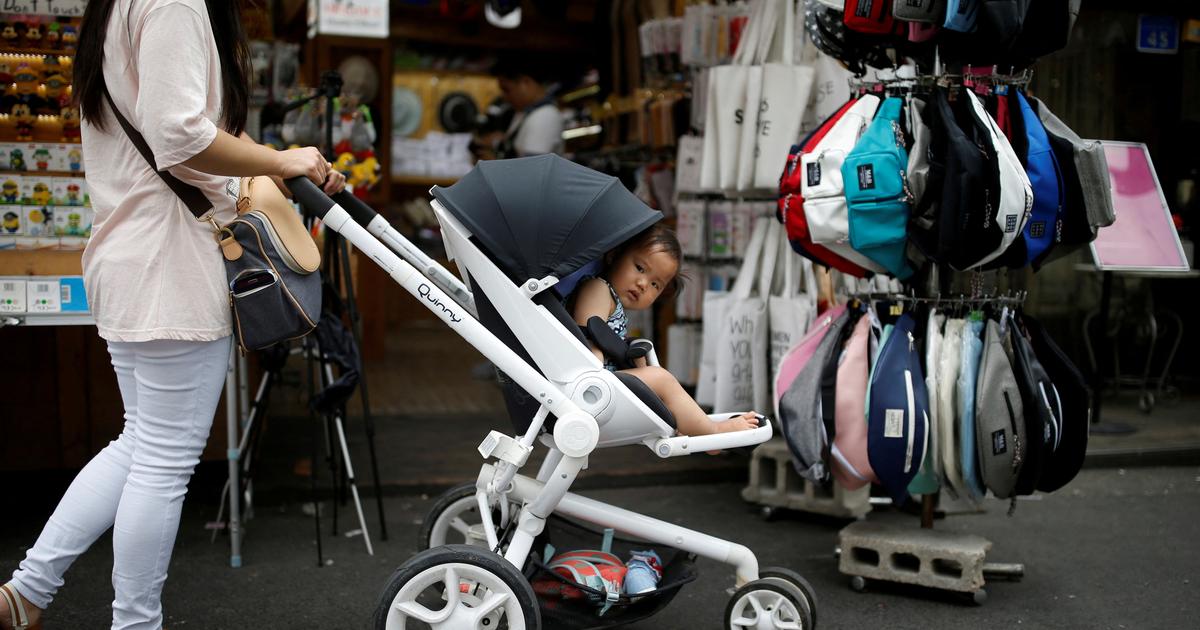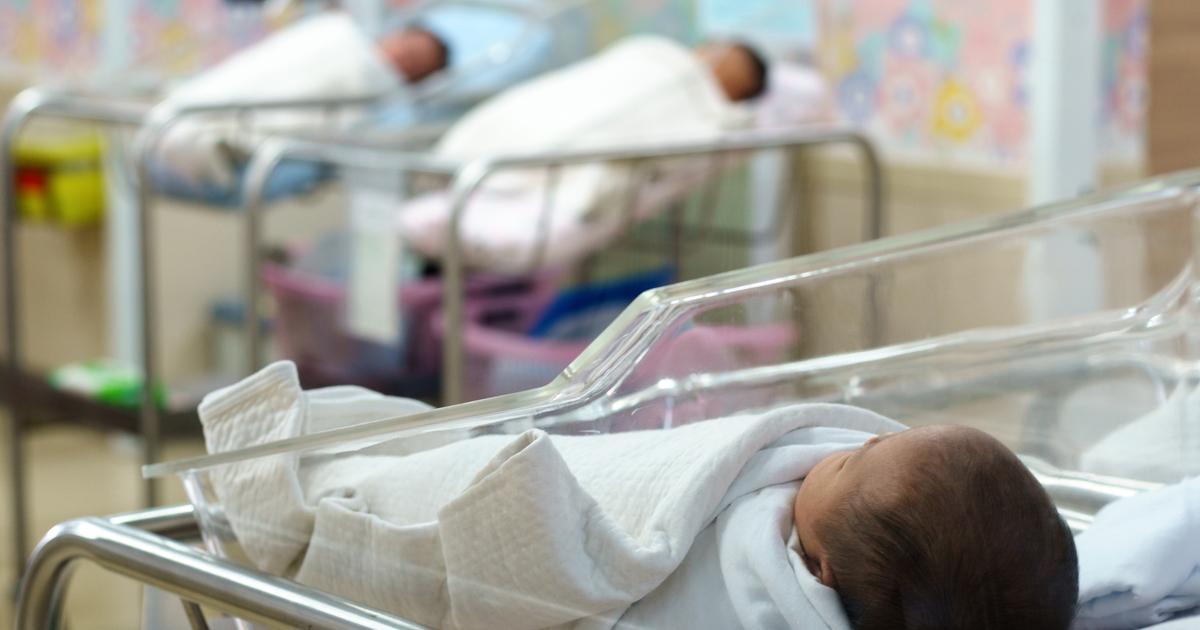Relatives search for items from avalanche victims in South Korea 0:41
(CNN) --
South Korea's fertility rate, already the lowest in the world, has fallen again to its own record, marking the latest setback to government efforts to boost a declining population.
The national statistics agency reported on Wednesday that the fertility rate, or the average number of children expected per woman, fell to 0.78 in 2022, down from 0.81 the previous year.
More middle-aged South Korean men are dying alone.
These are the reasons
Countries need a fertility rate of 2.1 to maintain a stable population, in the absence of immigration.
South Korea's birth rate has been falling since 2015 and the country recorded more deaths than births for the first time in 2020, a trend that has continued ever since.
In 2022, the country registered some 249,000 births and 372,800 deaths.
advertising
Similar population declines are taking place in other Asian countries, such as Japan and China, raising concerns that there are too few people of working age to support the growing older population.
Also, Korean women have children later.
The median age at childbirth in South Korea was 33.5 years last year.
A woman carries a baby at a store in Seongnam, South Korea, on Jan. 21, 2019. (Credit: SeongJoon Cho/Bloomber/Getty Images)
Experts say the reasons for these demographic changes across the region are a demanding work culture, stagnant wages, rising cost of living, changing attitudes toward marriage and gender equality, and growing disillusionment among the younger generations.
However, despite the economic factors at play, the investment of money to solve the problem has been ineffective.
Last September, South Korean President Yoon Suk Yeol admitted that more than $200 billion has been spent in the past 16 years trying to increase the population.
The government has introduced several initiatives, such as the extension of paid paternity leave, the offer of monetary "baby vouchers" to new fathers, and social campaigns that encourage men to contribute to childcare and housework.
But experts and residents say more support is needed throughout the child's life, as well as a change on several deep-rooted social issues.
For example, South Korean society continues to disapprove of single-parent families, and single women cannot access IVF treatment.
Non-traditional couples also suffer discrimination: South Korea does not recognize same-sex marriage and regulations make it difficult for unmarried couples to adopt.
South KoreaFart














